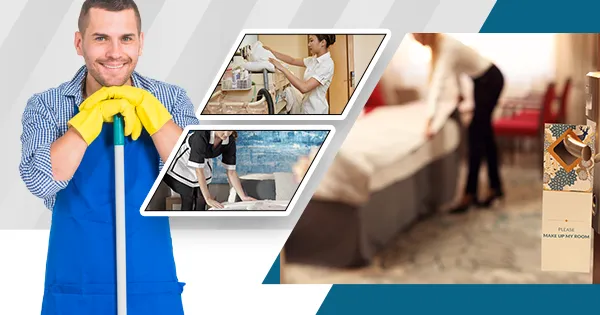Luxury hotels thrive on their ability to provide guests with a spotless, welcoming environment. From polished lobbies to pristine guest rooms, maintaining cleanliness is an essential part of creating a five-star experience. Guests expect the highest standards, and keeping amenities sparkling clean is an art that requires precision and consistency.
Attention to Detail Matters
Hotel cleaning goes beyond surface-level tidiness. Every detail, from fresh linens to dust-free furniture, plays a role in how guests perceive their stay. Proper cleaning methods ensure that high-touch areas like doorknobs, remote controls, and bathroom fixtures are always sanitized and gleaming.
Professional Support for Premium Results
Many hotels rely on commercial cleaning services to maintain their luxurious atmosphere. These services provide expert cleaning tailored to large spaces and hospitality environments, ensuring consistency and efficiency.
Specialist Cleaning for Luxury Amenities
Some luxury amenities, such as spa facilities, glass walls, or chandeliers, require advanced cleaning techniques. Bringing in specialist cleaning services guarantees that even delicate or high-value items remain spotless and well-maintained without risk of damage.
Conclusion
Maintaining luxury hotel standards requires a balance of daily housekeeping and professional cleaning expertise. By combining staff dedication with commercial and specialist support, hotels can consistently deliver the sparkling cleanliness that defines true luxury.


